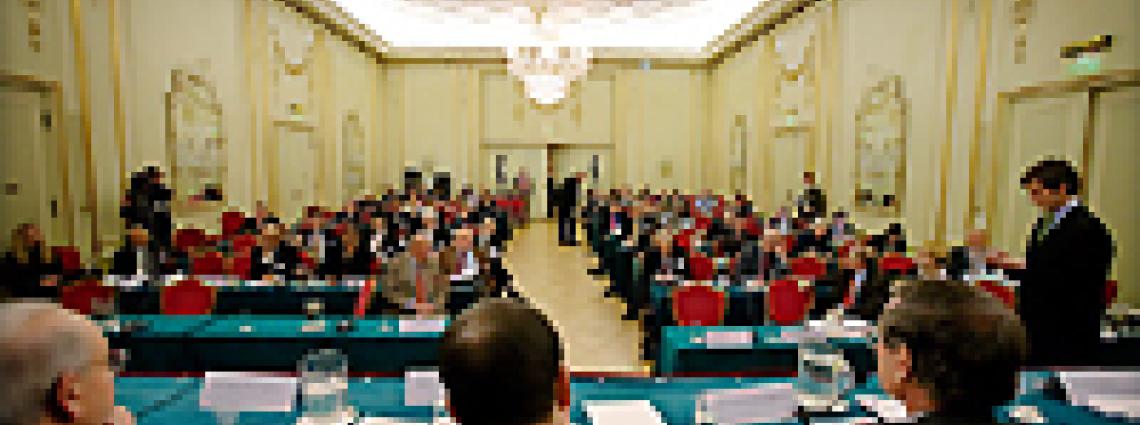US senior statesmen and others support the entry into force of the CTBT

The international conference on nuclear disarmament. It took place at the Grand Hotel in Oslo on 26-27 February 2008.
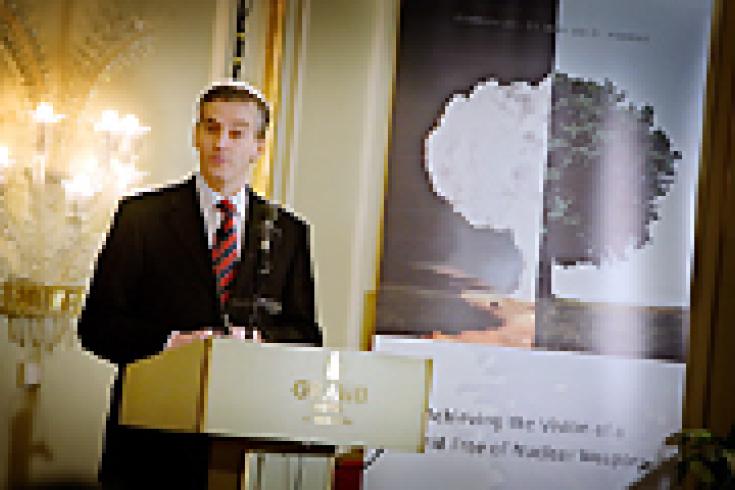
Norway's Foreign Minister, Jonas Gahr Støre, the host of the conference.
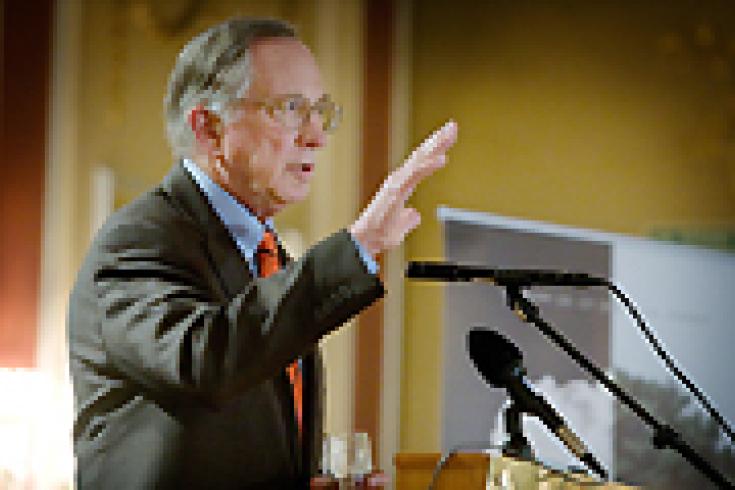
Former US Senator Sam Nunn addressed the over 100 participants in Oslo.
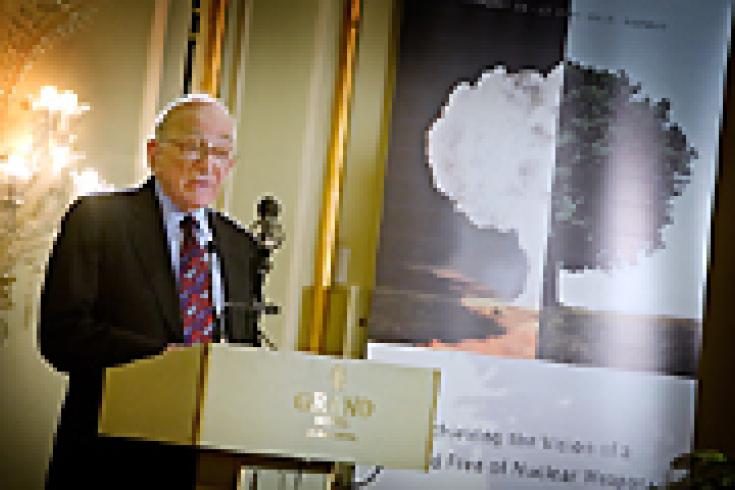
Sidney Drell, professor emeritus of theoretical physics at Stanford University and one of the architects of "Reykjavik Revisited".
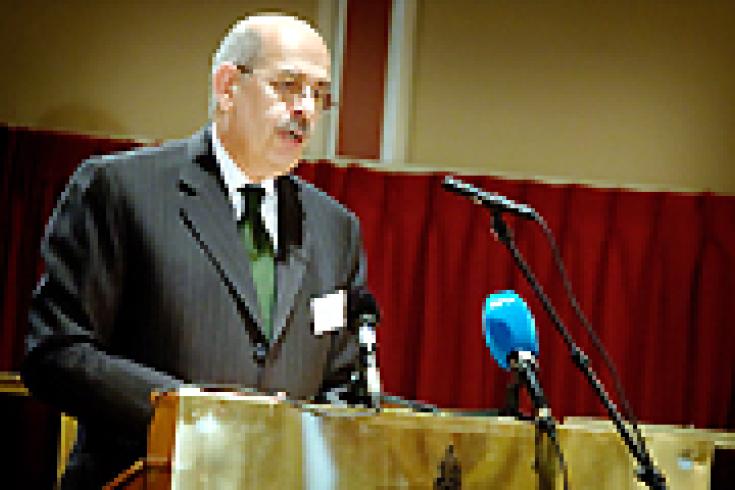
IAEA Director General Mohamed ElBaradei.
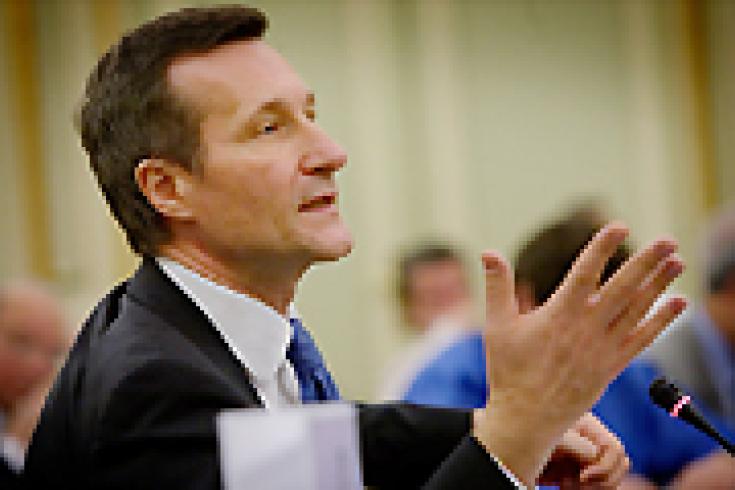
CTBTO Executive Secretary Tibor Tóth speaks about CTBT'S verifiability.

The panel emphasises the importance of the CTBT.
24 Mar 2008
